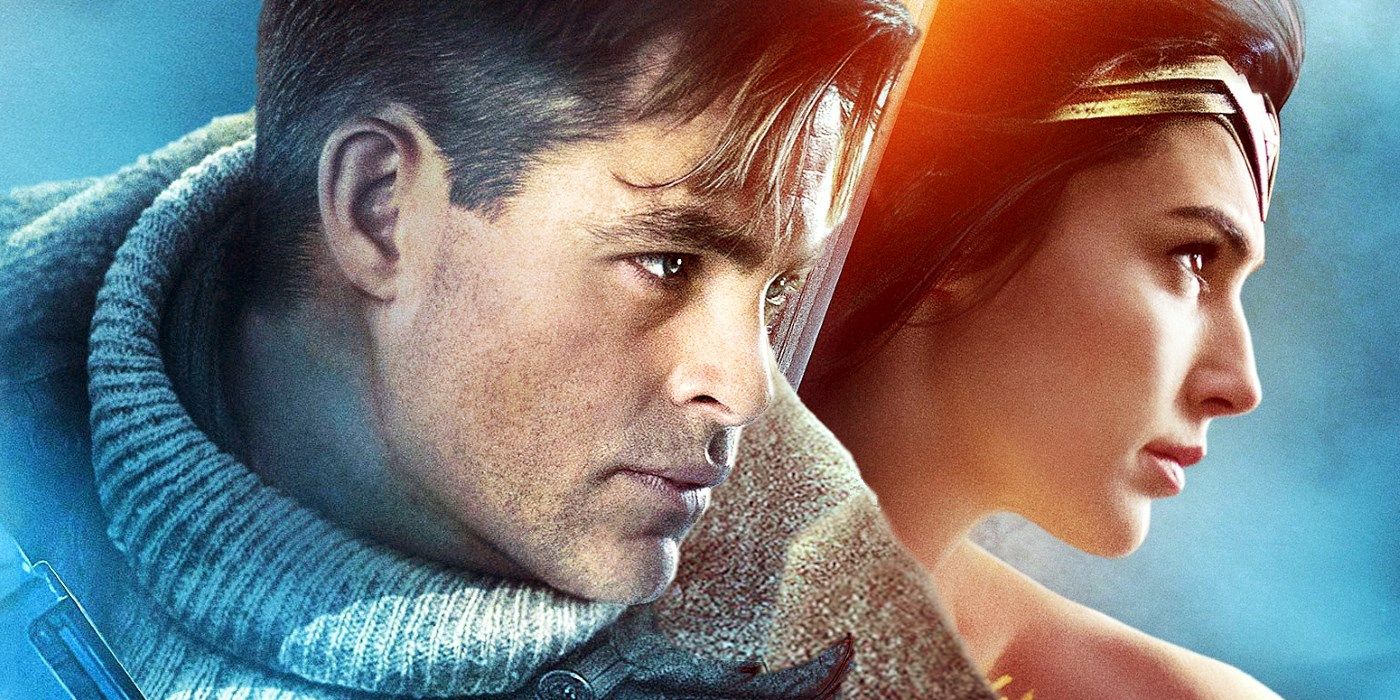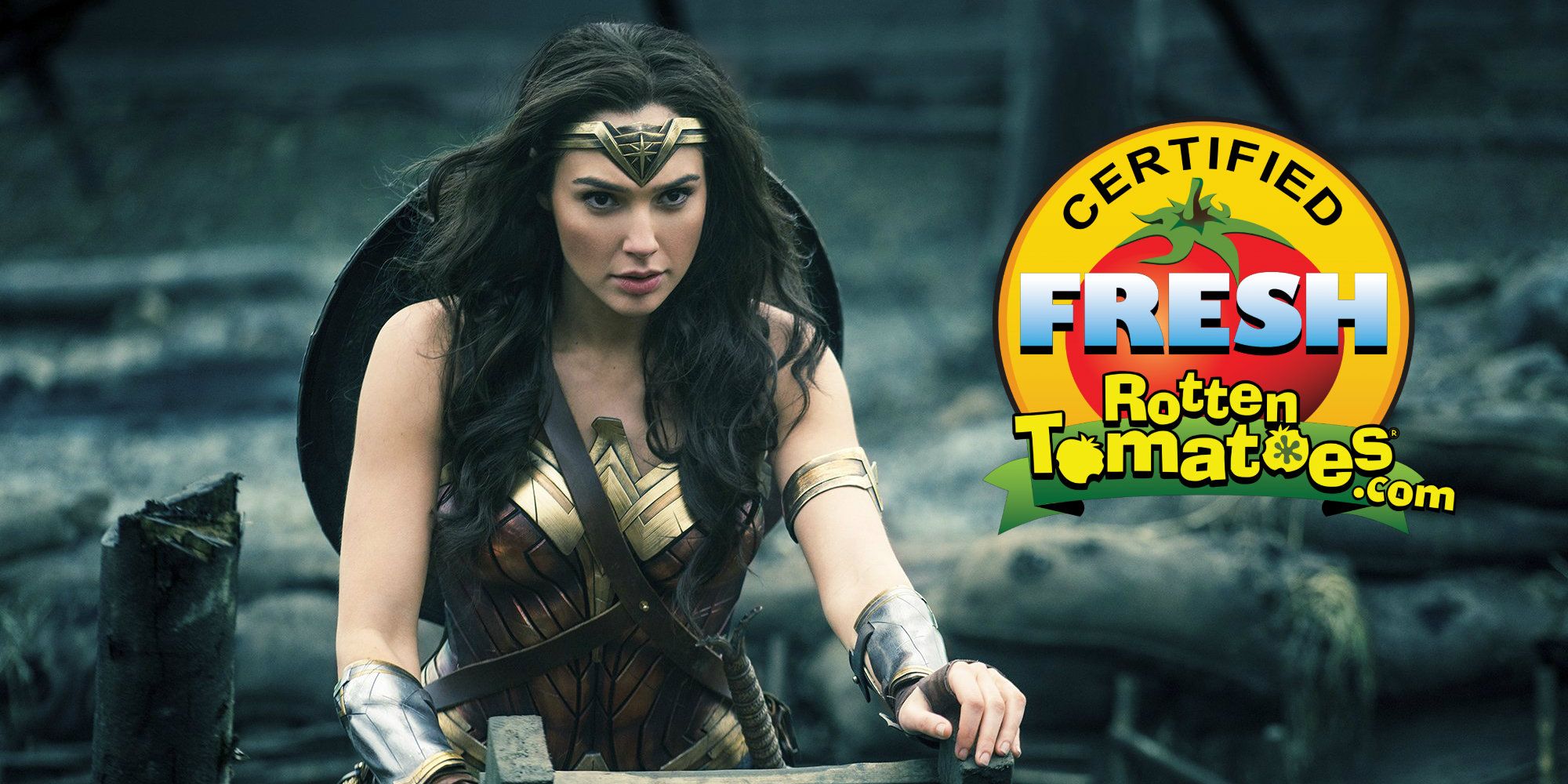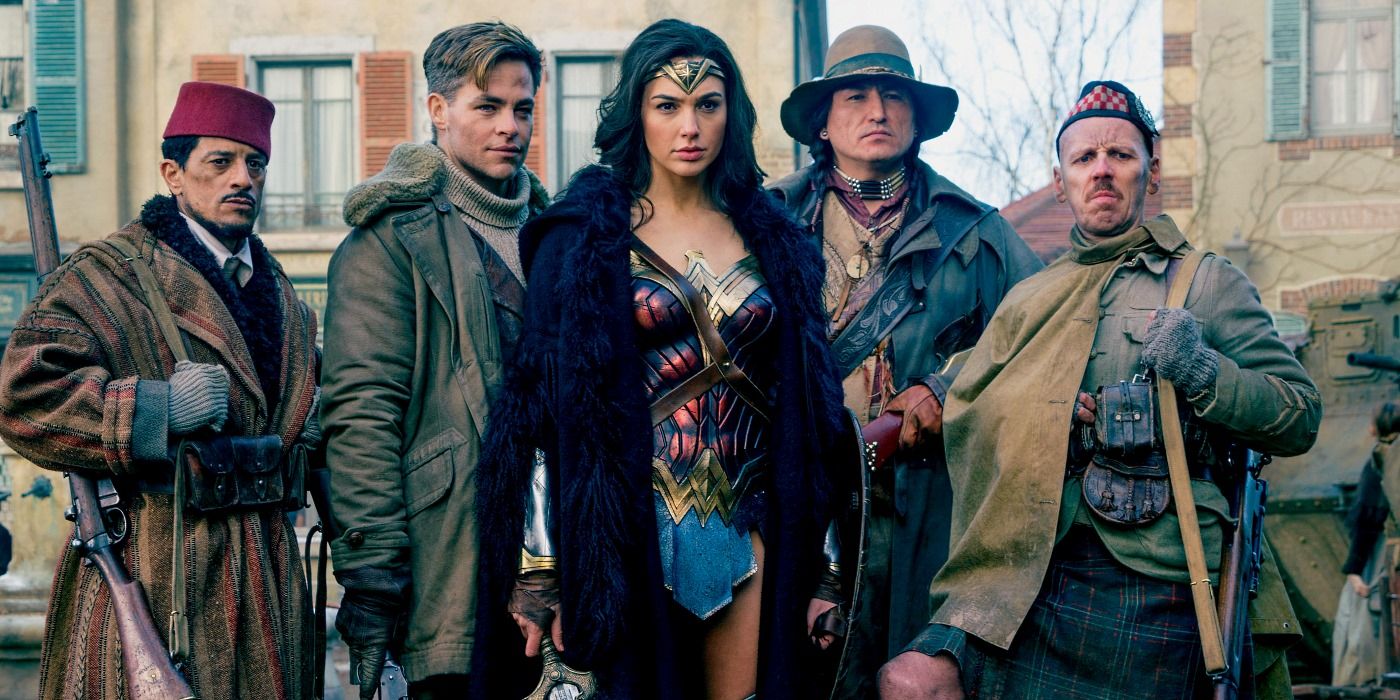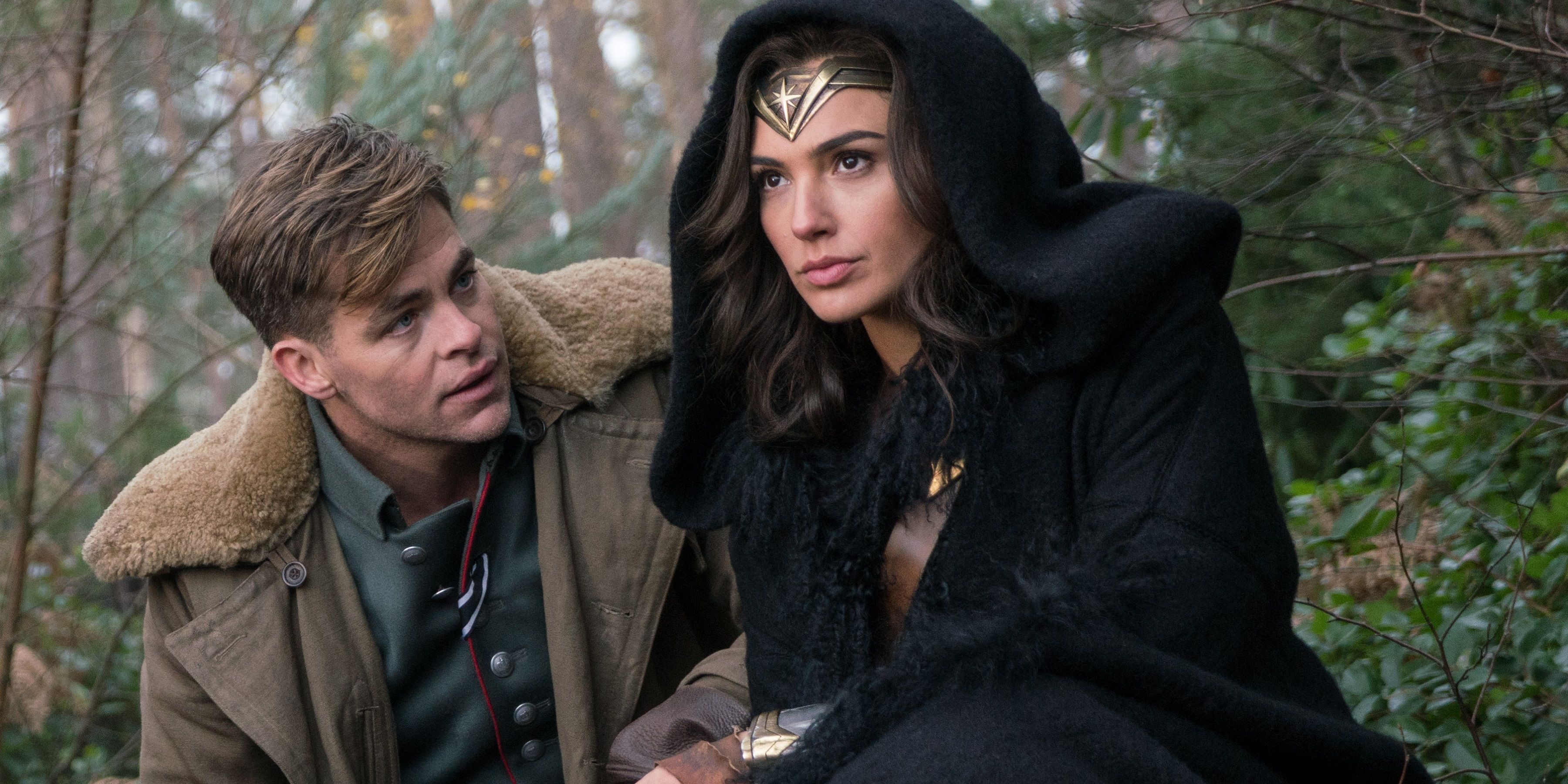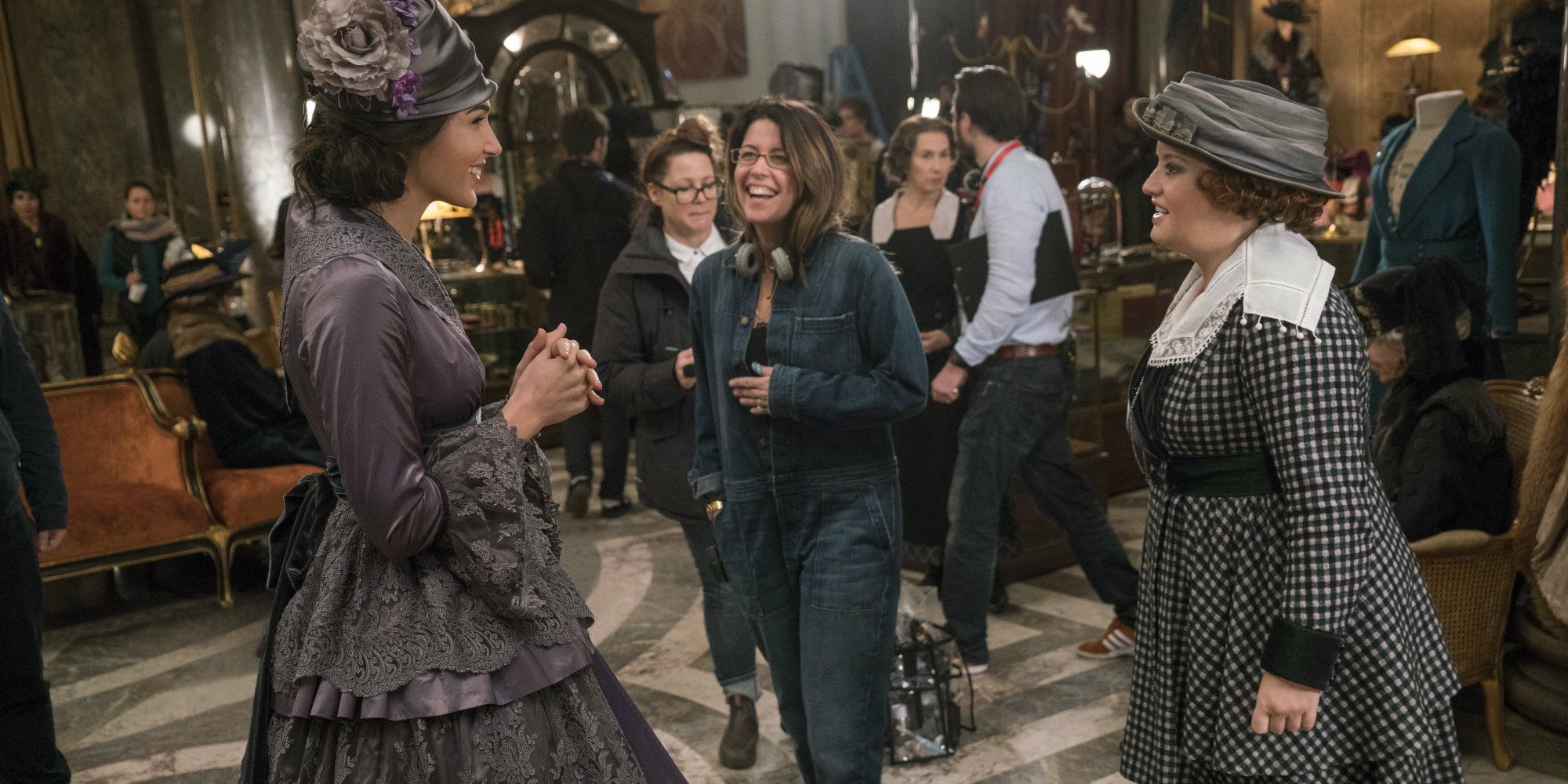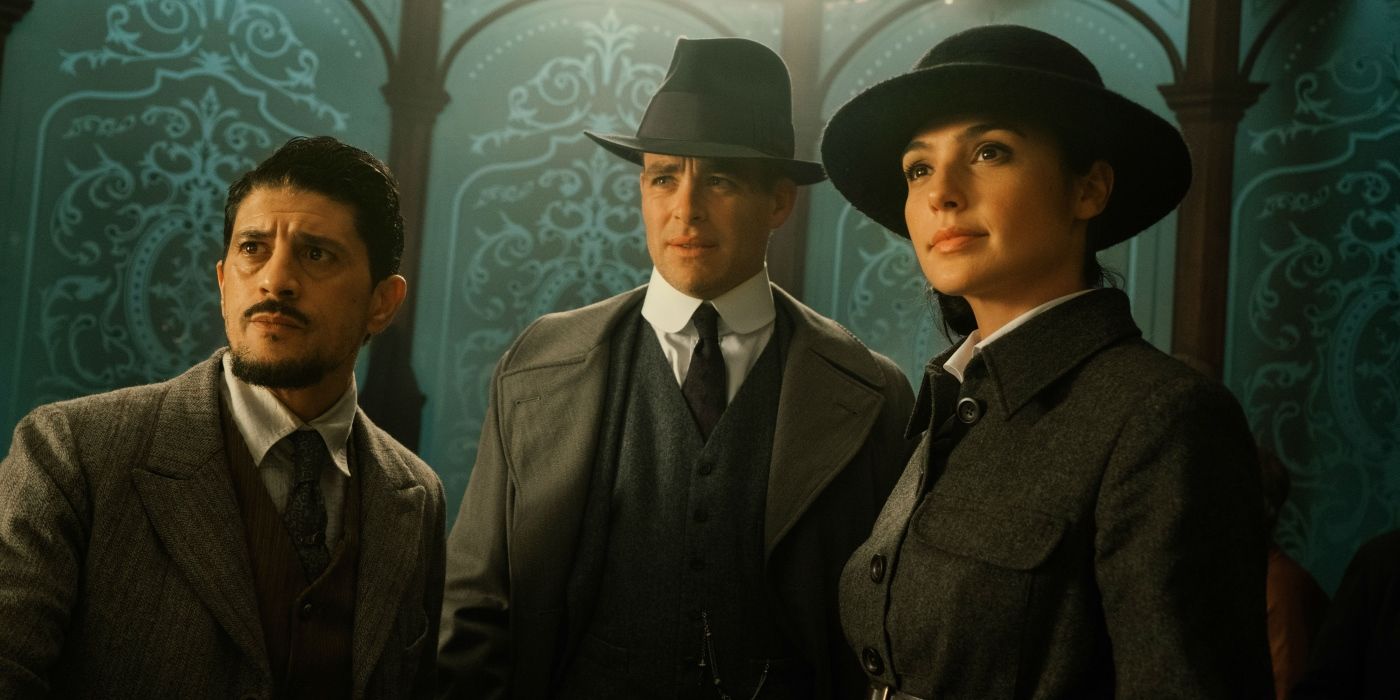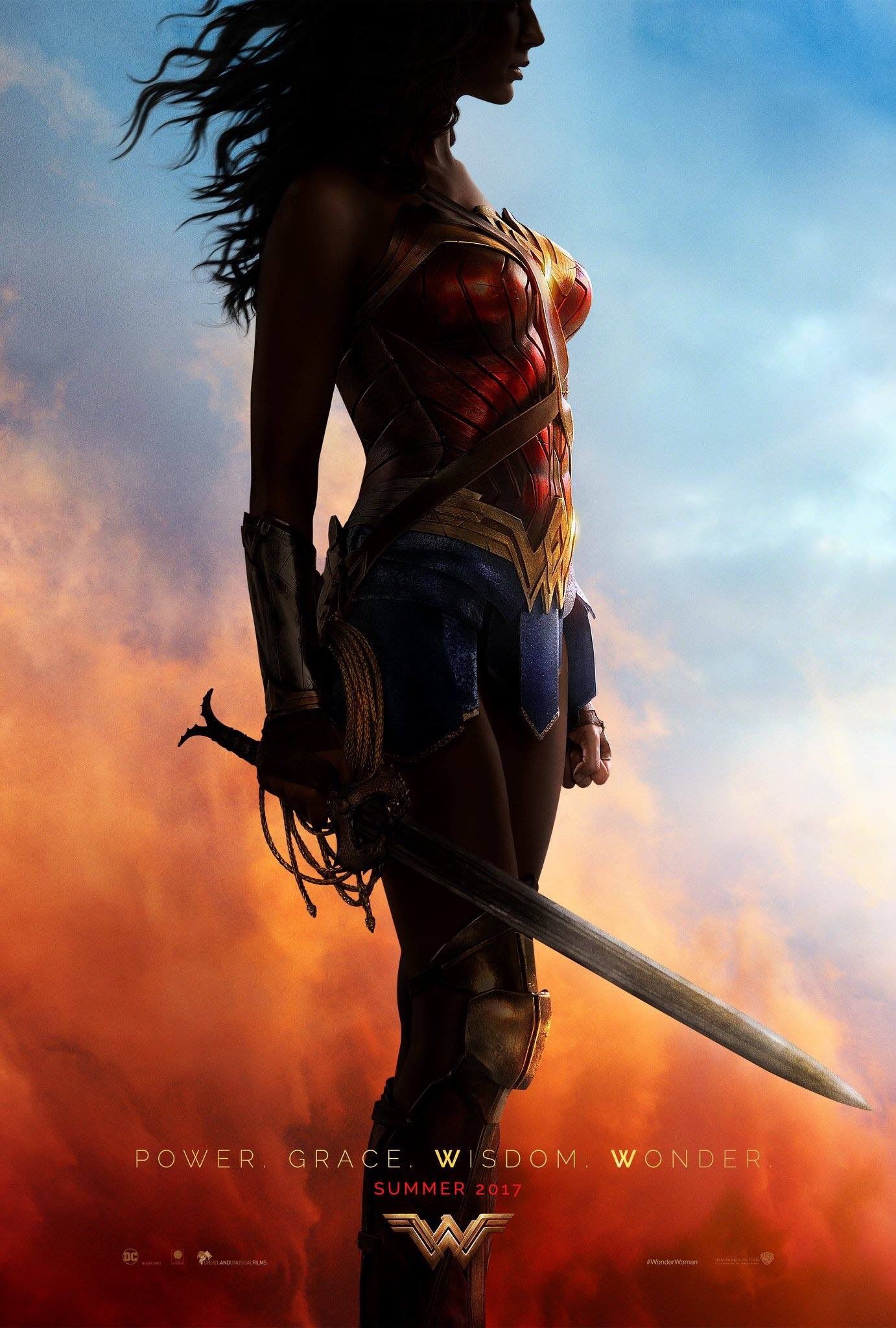Everyone knew that if Wonder Woman's first movie was a hit, it would change the game for women in Hollywood blockbusters. There's no question that the film's massive box office haul is proving sexist studio thinking wrong, with Wonder Woman looking to beat Man of Steel in the genre of movies he helped create. But as entertainment pundits, major outlets, and female fans everywhere are calling this a win for women specifically, there's a major reason why the male audience shouldn't be left out of the equation. Diana values all humans equally, after all... and so do Hollywood movie studios.
With Wonder Woman earning a $100 million opening weekend, success was all but guaranteed - but the fact that critics made Diana the DCEU's "freshest" release yet was just as important. Soon after the positivity surrounding Diana's success began to build momentum, the excitement among online forums, comments sections, and prominent female voices began to take playful (or not at all playful) shots at men in the industry, male reviewers, or male creators whose films had not earned such praise. It's understandable, given just how long women have been passed over (or perceived to be) in the superhero genre, both on the screen and as a target audience.
Lest we forget Diana's message of inclusion, it's also obvious that Wonder Woman's success is due to both male and female audiences, whether men's "opinions" are wanted or not. And that's the main lesson Hollywood studios and commentators should be taking to heart.
Men & Women Are Making Wonder Woman a Hit
Aside from Wonder Woman's $200 million worldwide opening, the number pointed to by many as a point of pride and victory was the fact that 52% of Wonder Woman's opening audience was women. The first DC or Marvel movie to claim a female majority, the number was hailed as proof that Hollywood studios need to wake up and take notice of their female fan bases (hint: make more female-led superhero movies). With the DCEU bringing Gotham City Sirens, Joss Whedon's Batgirl movie, and the obvious Wonder Woman 2 on the horizon, it's a message the DCEU has heard loud and clear.
But we would point out that 52% of the audience being women is remarkable... but not necessarily for the reason some might think. It confirms that WB's efforts to market to women succeeded, but the real story for the long term may be the fact that a movie directed by a woman, starring a woman superhero attracted a 48% male audience. It was safe to assume that women would turn out for the film, given the buzz surrounding Wonder Woman as the first woman superhero, star, and director to headline a superhero blockbuster. But the male audience's interest in the same factor, values, and marketing was just as loaded with assumptions.
Assumptions now proven wrong... and then some. If Wonder Woman's opening weekend audiences had been 60%, 70%, or 80% women, would that be better news for the character's future, or worse? That increased ratio would signal the movie garnering less interest with men, and therefore fewer attending the opening weekend showings, with the box office dropping substantially. Both the numbers matter: the fact that Wonder Woman attracted men and women to movie theaters for its opening weekend - and that it attracted as many, if not more than a standard superhero blockbuster.
With 93% of reviewers giving the film the proverbial thumbs-up (the Rotten Tomatoes score as of this writing), that male majority shows Wonder Woman has connected just as well with men as it has with women, at least where review scores are concerned. The movie existing at all is a win for women everywhere, but the story the movie tells is, perhaps most importantly, one universal enough to satisfy all comers.
The Story is About People, Not Simply Women
The movie is directed by a woman, and stars a woman, but - perhaps most interestingly and importantly - is not explicitly "about" women, challenges unique to women, or a uniquely "female" experience. The fact that Diana is raised free from western patriarchy means she never really grasps it enough to dismantle or oppose it. And the ways in which the patriarchal military seek to control or hinder Diana are first applied to Steve Trevor. The story of Wonder Woman is the struggle of courage, resolve, and goodness in the face of overwhelming odds... the fact that women and men all get to share in that pursuit, blind to gender, is what makes the story such a profoundly feminist, egalitarian, and universal one.
When Chris Pine was asked if his Steve Trevor is a 'dude in distress' flipping the usual gender dynamics on their head, he made the movie's message clear:
"The question doesn't service anything but this narrative of hierarchy... There’s no judgement or discussion or conversation in the narrative about a hierarchy. It’s not a matriarchal structure; it’s not a patriarchal structure — it’s just human beings trying to figure out how to live in this awful world."
It's difficult to discuss the potency and importance of just what Wonder Woman does, since the disconnect between Diana's reality and that of the audience is what makes her film so valuable and groundbreaking. Seeing a woman-- seeing women take a heroic spotlight without sacrificing their femininity, vulnerability, or anything else is so rare in this genre, this medium, or this industry, a sudden and enduring onslaught of tears seems to be commonplace. But for the characters in Diana's world the absence of patriarchy, or its inability to stand against a resolved hero means it's barely a factor.
Women can fantasize about being Diana, and men can fantasize about being one of the men who proudly fight next to her. Diana's message is the same one as the film, explicitly: who or what you are is meaningless, only your character, your moral compass, and your willingness to do what is right matters. Director Patty Jenkins goes to clever lengths to keep "men" from becoming villains. (Case in point: the officer who scolds Steve for breaking decorum and bringing a woman into the war meeting later argues in her defense, that she should obviously be allowed to translate Maru's notebook.)
At no point does Jenkins or the film make an easy play for 'girl power' where an argument for universal altruism is possible, favoring inclusivity over exclusivity in any form. Some fans may choose not to take Diana's approach, but it's hard to deny that Wonder Woman's story is one of empowerment, period. The gender politics and discussion of the world that the film is releasing into... well, that's a different story.
So, Can Female Heroes Tell Universal Stories?
The steps forward in gender equality are just as important behind the cameras of Wonder Woman, with Patty Jenkins breaking as many stereotypes or false assumptions as Diana does. Placing a woman behind the lens of a male-dominated genre means limitless study and comparisons, but the universality of Diana's story raises just as interesting questions about the significance of gender in the story's creation. Especially if you believe that the most feminist, egalitarian approach to a female superhero is to tell a universal story, and just make the lead a woman instead of a man.
The point here being: Zack Snyder helped develop Wonder Woman's story along with Jason Fuchs, and Allan Heinberg, who wrote most of the screenplay. When Heinberg left it seems the remaining script work fell primarily to Patty Jenkins and Geoff Johns. As mentioned above, the resulting story is about as close to the archetypal Hero's Journey outlined by Joseph Campbell as you're likely to find. Which raises the question: did Wonder Woman show male storytellers at work, or did its universality vanquish gender prejudice and stereotypes by simply ignoring them?
Does the resulting film argue that Snyder, Fuchs, Heinberg, and Johns's gender mattered less than their grasp of the character? Or is it fine to entrust these men to produce a screenplay and story, so long as a woman is the one given the final vision? There's no simple answer to these questions, since the collaborative nature of filmmaking, especially studio blockbusters such as these make assigning 'credit' impossible. And as we've mentioned in the past, the suggestion that female superhero movies SHOULD be written and directed solely by women is both an obvious, and problematic one.
The idea that stories starring women must, or should be told by women implies that the hero's gender colors their story inherently; that a story starring a woman speaks for and to women in a way other films won't. Does the response from women to Patty Jenkins's blockbuster support that idea, or does its critical and financial success among both men and women challenge it? Does Wonder Woman succeed by speaking to women, or by speaking not only to women? And who among the storytellers gets credit in either case?
-
What makes Wonder Woman such an ideal lens through which to ask and debate these questions is that it's a hit, regardless of one's opinions. That alone means everyone from Jenkins and Gadot on down deserve the credit and praise for the result. But the lessons learned by Wonder Woman on the screen and behind the scenes may not be as obvious as one might think... and true to Diana's message, the real victory here may not be a gendered one at all.

